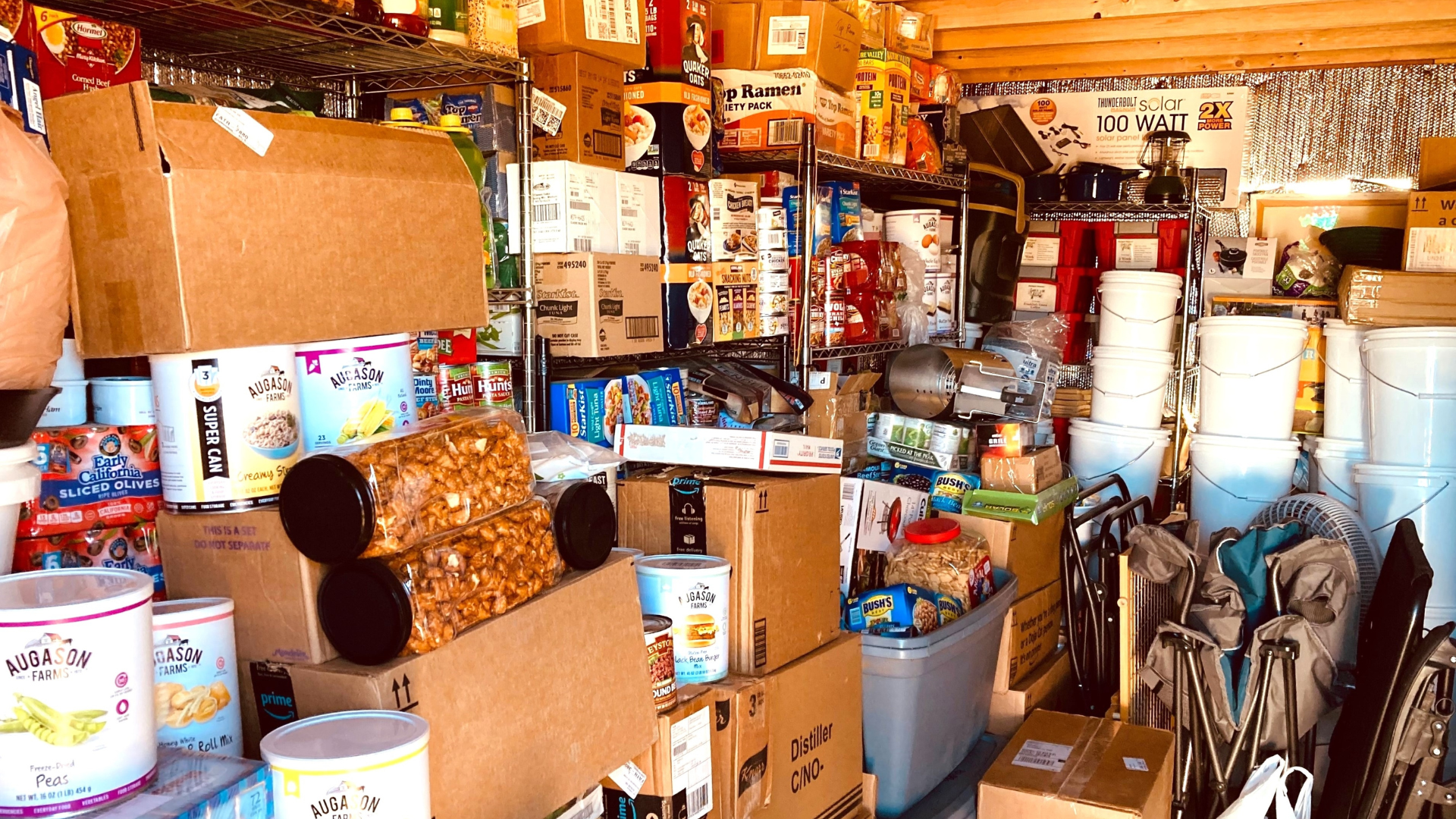The census – the constitutionally mandated effort by the government to count each person living on U.S. soil every 10 years- is one of this country’s original grassroots movements. It is a more significant undertaking than any campaign, or any get out the vote effort. Every 10 years, we try to count everyone. The results of that count impact apportionment –the process of dividing the congressional districts among the states. Census data is used in myriad ways, including informing the distribution of more than $675 billion per year into communities via important federal programs. [bctt tweet="Should we be nervous about the #2020Census? That's what our @KateWarrenCLE is examining here" username="CommunitySols"]
You can’t resist if you don’t exist.
At the last decennial census, I was 20 years old. So when it comes to working on complete count efforts, this is my first rodeo. But to be honest, I’m nervous about the 2020 census. Here’s why.
There are good reasons to be skeptical
We are in a time when there is great distrust in the government, and great concern over who we should give our data to and what they will do with it when they have it. These concerns are not new, but they feel heightened these days. Although the Trump administration was not successful in its effort to include a question about citizenship on the 2020 census form, the media coverage about the extended battle to include the question has planted seeds of doubt among immigrant populations and others. Undoing that damage will be difficult. Furthermore, we need not look very far back in our country’s history to see that census data was used to wrongfully imprison Japanese-Americans during World War II. Since then, however, the federal government has put protections in place to ensure that census data cannot be used in that way again. In fact, Census Bureau employees take lifelong oaths to not share confidential data with anyone, even other government agencies.
For each person who is not counted, our community will lose an estimated $1,800 per year.
Being counted matters
Despite my very real concerns about our community effectively organizing the on-the-ground efforts to count our residents, and despite the barriers that may prevent people from being counted, I believe there is strength in the message that being counted in the census proves our existence. Marginalized groups are most likely to be undercounted in the census, yet being counted leads to better representation and better funding for programs that could assist those same groups. To borrow language from other census advocates, “You can’t resist if you don’t exist.” Being counted is a powerful way to participate in the democratic ideals of inclusion and equality. And there is a cost to not being counted. For each person who is not counted, our community will lose an estimated $1,800 per year. That means that if just 10 percent of Cuyahoga County’s nearly 90,000 immigrants are not counted, we lose more than $16 million in federal funding. Leaders in local census organizing efforts have already begun spreading that message to the community. More work is needed to make sure that message truly permeates.
I believe there is strength in the message that being counted in the census proves our existence.
The census is a boots-on-the-ground effort
I work for a community institution. We have influence among certain people, but we don’t provide direct services and we don’t reach the entire community. The nitty gritty of census organizing will happen in public libraries, community centers, churches, events, in block clubs and in schools. As I explained above, there are obstacles to overcome to convince people that they should participate in the census. The best way to overcome those obstacles is through interpersonal interactions. People will need to have conversations with people they trust who can tell them why the census matters to them, and why they should trust the government with their information. There are also logistical barriers to completing the census, such as language barriers, lack of internet access, confusion about who should complete the census forms, and so on. It will take old school organizing- boots on the ground- to both convince people that completing the census is worth their time and to support them completing it in a timely and accurate manner. That kind of organizing work takes time, resources and dedication. Right now, I’m not sure we have enough people spreading this message. If you’re reading, lace up your boots and join us.
It will take old school organizing- boots on the ground- to both convince people that completing the census is worth their time and to support them completing it in a timely and accurate manner.
How to get involved:
- Your organization can become a census partner.
- Join a local Complete Count Committee.
- Apply for a job as a census taker.
- Use your platform and circles of influence to educate people about the census. For national materials and resources, click here. Local groups and groups targeting specific populations will likely be creating their own materials and campaigns, so keep your eyes peeled.
- Make a plan to help people complete the census. Does your organization have a computer lab, or provide language resources? Do you have high foot traffic in your waiting room? Are you part of a faith community? Do you work with students? Consider ways that you can assist people with the census come April.




.png)
.png)


